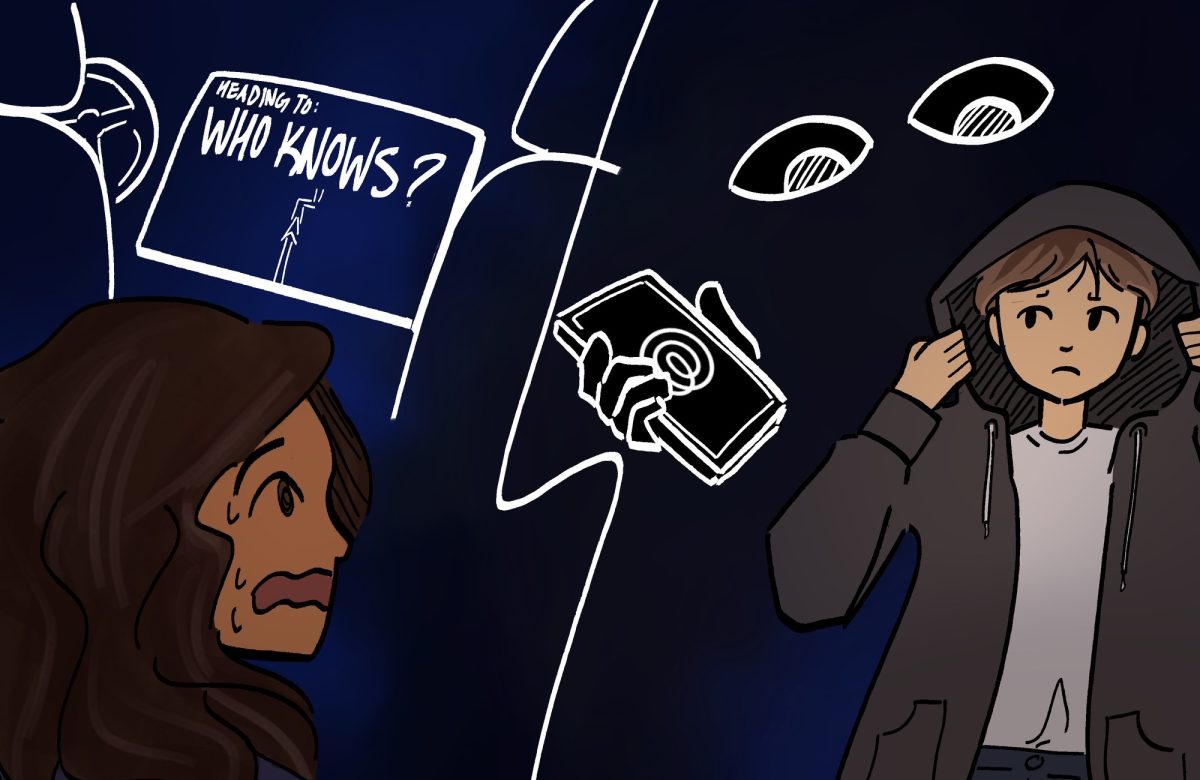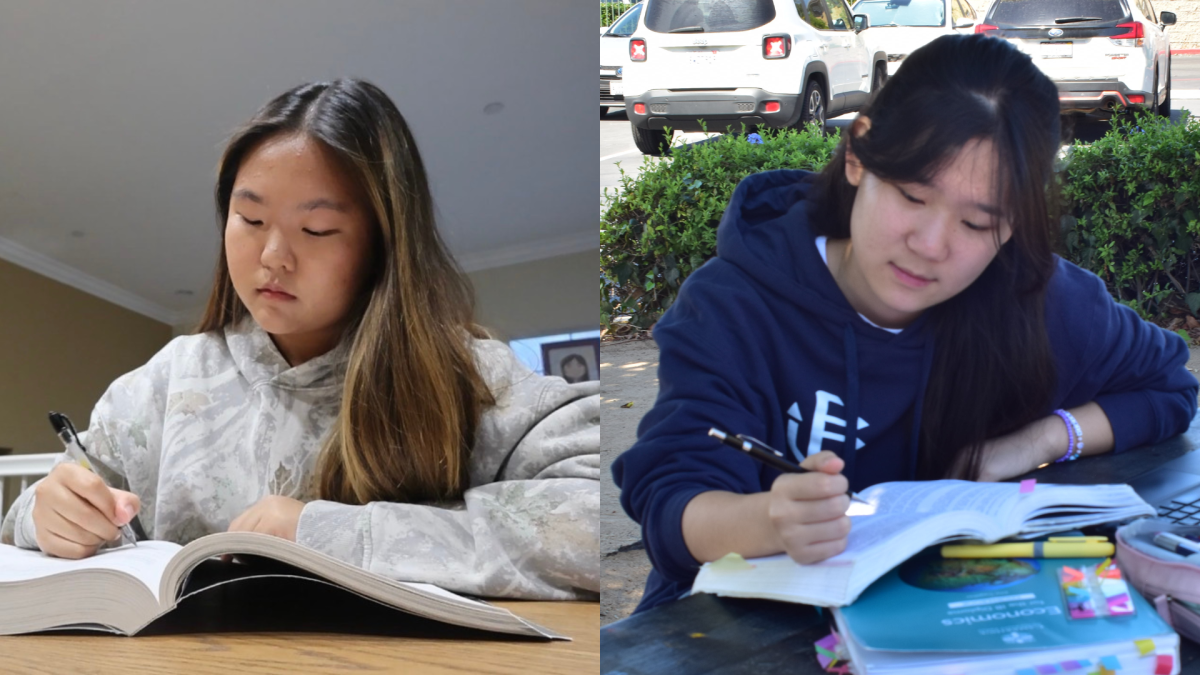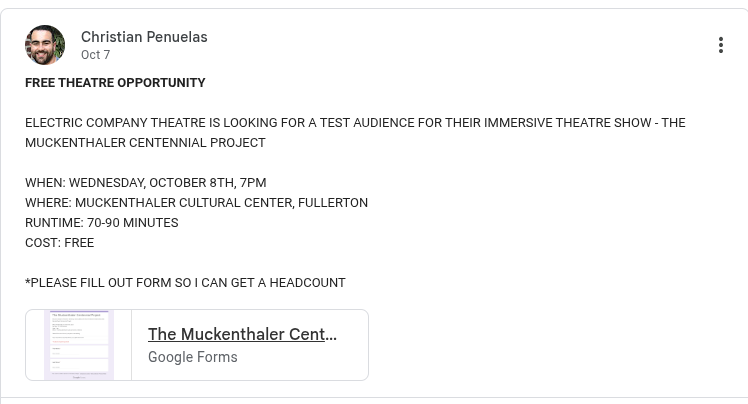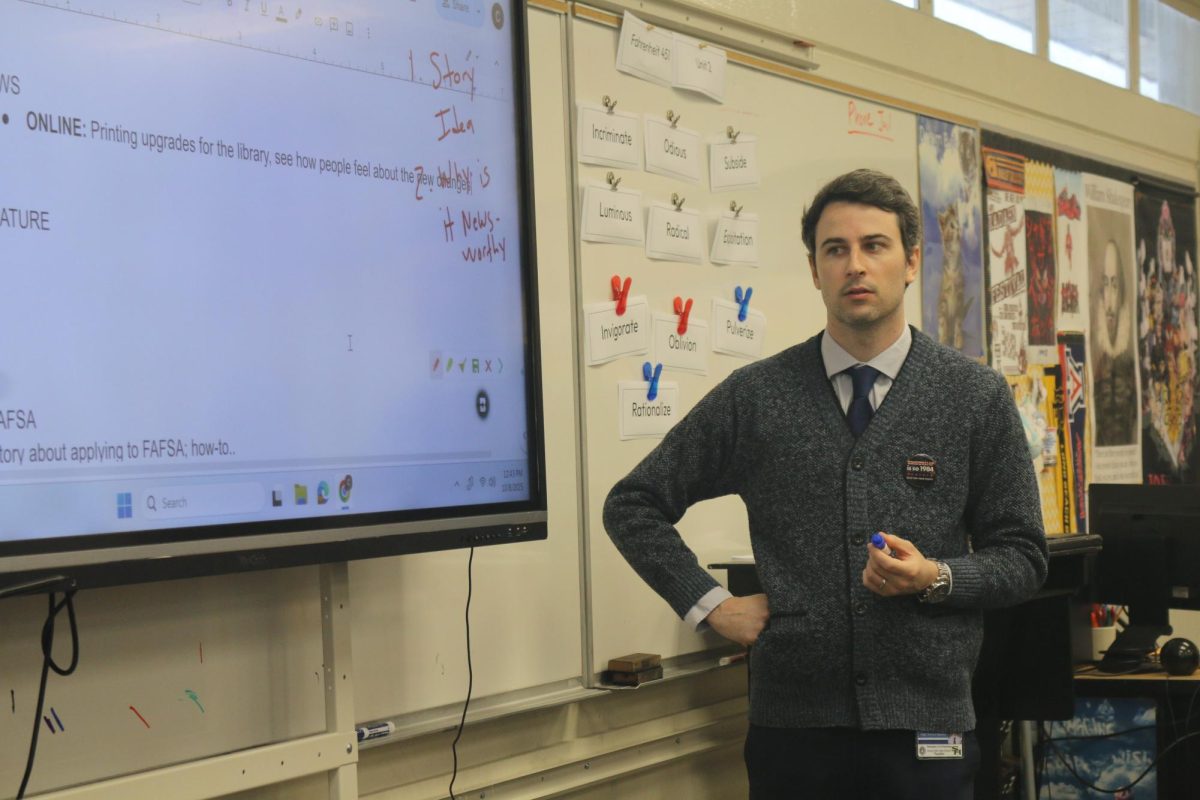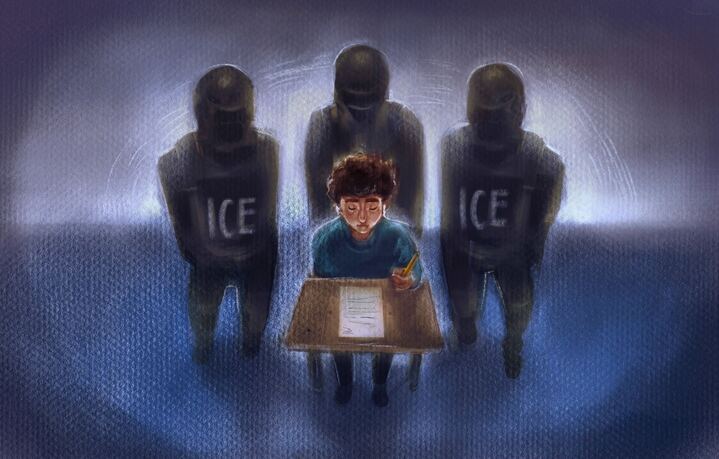This is Spitfire, a style of head-to-head debates between The Accolade’s two Opinion editors. Aashna is blue. Kayden is purple.
PREVIOUSLY ON SPITFIRE: The two Opinion editors went head-to-head about whether or not eating an In-N-Out 4×4 in four bites is doable. However, there was one twist: it was an April Fool’s edition! Because of the aforementioned circumstances, no winners were selected; however, everything has returned to normal now. Which editor will take the crown this time around? One thing’s for sure: they’re both about to spit FIRE.
Here are the rules:
- No profanity.
- An editor attacked by the other will be given three sentences to respond.
- The readers will decide who wins through a poll at the end of the article.
- Once a rule is broken, the debate ends.
Imagine a stalker, with photos of you on their wall, telling you they love you and tracking your location. Just kidding — that’s your parents; as high schoolers, students deserve the liberty to start living life independently without their family hovering over them and asking them why or where they’re going somewhere. High school is preparing students for life as adults, and basic privacy is something families should trust their children with at that point.
Now, I don’t want to come off as the ultimate Scrooge against teen privacy — in fact, I’m doing just the opposite. With parents knowing their children’s location, a sense of trust and security builds between them, as the guardians have some peace of mind knowing that their son/daughter is OK. Once the children become adults, free from the shackles of being minors, cutting the umbilical cord and letting them taste independence is completely understandable, but until then, is a shared location really hurting anyone?
No, but it does limit freedom in that you might end up explaining every single thing you do. You said sharing location can build trust, but in my opinion, parents knowing their kids’ location is the opposite of trust, since they’re not sure if they can be safe enough on their own. Kids are going to find or look for a way around it, and that’s just going to sour their relationship.
Kayden, try to dig a little deeper — it’s more than just checking a location; it’s a security blanket for many families. Let me try putting things into perspective for you: suppose you’re at an important meeting and your phone is on Do Not Disturb, but your parents are relentlessly trying to contact you about anything from what you want from Chick-fil-A to where you are at the moment. Instead of throwing them another worry regarding your whereabouts, this problem could so easily be solved with a quick check on Life360; sometimes, confirmation is all parents need for a breath of relief.
Knowing their children’s location can indeed help with safety and security, but there are other ways a phone can contribute to safety. Even with the student’s location off, Life360 can become an app that’s used for parents to check their kids’ phone status and alerts about their safety status, and that’s a great alternative to keep the family secure while maintaining privacy for their kids. If we can ensure safety without tracking location, why should we?
I am not disregarding your argument completely; rather, I am just vouching for any parent’s two favorite S-words: safety and security. Think about it this way, it’s only a matter of a couple of years until we reach adulthood, and after that, who we share our location with is all up to us.



